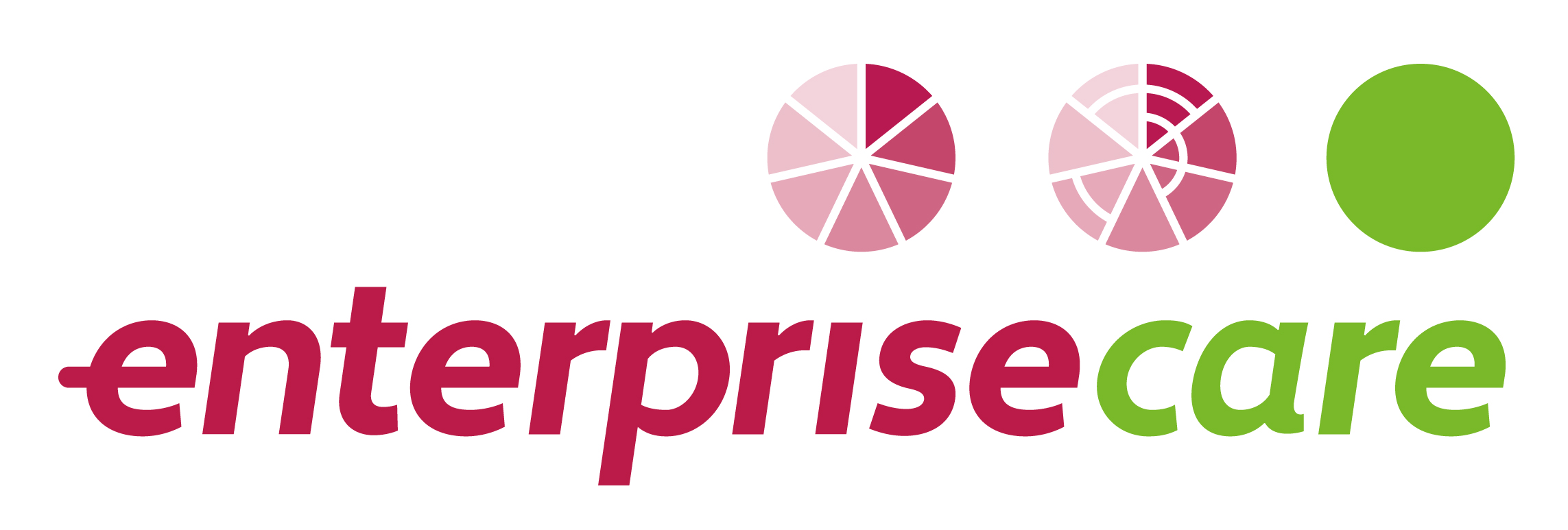Are Our Boards Stuck in a
“Rhythm of Reluctance”?
“Rhythm of Reluctance”?
The Considerable Challenge
Anyone with an eye to matters of governance would be forgiven for thinking that many Boards are becoming or have become stuck in a “Rhythm of Reluctance”.
How else to describe the volume and consistency of missteps, lack of both understanding and action and unfortunately, too often, disasters, that occur on their watch.
With both internal as well as external pressures at play, the drive to establish and execute a fit for purpose Executive remuneration strategy, supportive of the organisation’s strategy, is now critical.
Another Day, Another Report
The Commission of Inquiry (COI) Report into Moira Shire Council, ordered by the Local Government Minister in October 2022, was tabled on 7 March 2023 in the Victorian Parliament.
This COI arose from widespread cultural and governance issues at the Council, which included serious concerns regarding OH&S matters as well as industrial practices.
In the Report’s Executive Summary there are comments worth raising as a reminder of what can and does actually happen.
Little Drops of Water
The Report states “Governance failures are rarely isolated. The governance of Moira Shire Council has been steadily eroding over most of the last decade.”
Then in the Findings section, the Report indicated that “The Council failed to manage the performance of the Chief Executive Officer.”
It found governance of the council had been steadily eroding over most of the past decade and that a full and transparent external audit was needed.
To Know or Not? The Chasm
Too many directors appear to confuse knowing what is going on within the organisation as an operational matter. And therefore, as a director, they steer clear of exercising a right to gain visibility or a clear line of sight into the key operational practices of their organisation.
What those key operational practices are, is an important topic, which is appropriate to be discussed at a later time.
Governance versus Management
The common mantra of “boards and directors govern, and management manage the operations” is now not only simplistic, but downright dangerous. This has certainly become far more evident with all organisations now needing to operate within a dynamic and fast changing world.
There is, however, a difference between the Board having a clear line of sight of operational practices and getting bogged down in the minutiae of operational activities. The balance can be hard to strike for Boards but this balance is imperative for Directors to truly discharge their stewardship duties.
All In or All Out – No Longer Fit for Purpose
The definition of ‘monitors’ is to –
“observe and check the progress or quality of (something) over a period of time; keep under systematic review.”
In other words, directors who focus on the minutiae of operational detail have fundamentally misunderstood their true role on the Board. In the past, directors having that clear role separation was generally less significant. Its consequences yielded a lower negative impact on the organisation’s performance. Today, however, that has changed. The combining of governance and operational roles by directors can result in creating a sense of confusion among directors, CEO, and senior management. It can also give rise to unhealthy tensions between staff and directors. Sometimes it also results in the CEO becoming frustrated or distracted from their own primary role.
From a governance perspective, Directors become side tracked and can consume valuable time on less critical matters to the detriment of driving organisational value creators.
Accountability – a 2-edged Sword
When Boards fail to hold themselves accountable, it often means a failure in holding others accountable. Accountability in governance is precious, made so, because of its rarity for being embraced whole-heartedly by organisations and embedded into their day-to-day governance practices.
It’s lack of presence was evident from the Commission of Inquiry (COI) Report into Moira Shire Council, ordered by the Local Government Minister in October 2022, and tabled on 7 March 2023 in the Victorian Parliament.
This COI arose from widespread cultural and governance issues at the Council, which included serious concerns regarding OH&S matters as well as industrial practices. The COI’s Findings indicated that “The Council failed to manage the performance of the Chief Executive Officer.”
It found governance of the council had been steadily eroding over most of the past decade and that a full and transparent external audit was needed.
“The commission’s examination of human resource management practices at Moira Council has found them to be demeaning of employees, inequitable, unlawful and lacking professional judgement and expertise…“.
If anything can be drawn from the start of this year, it is that more Boards are embracing an independent and data-driven insight into their current governance practices.
Understand Your Governance Impact
Start at the beginning, independent reviews are more than a ‘tick & flick’ exercise. They involve identifying the level of the Board’s and organisation’s present governance practices with insight into both lead and lag organisational indicators.
While there can be reluctance in having an external party conduct a review, there are 3 powerful insights that are apparent from this:
- Boards that open themselves up to an independent review tend to perform far better than average; and
- For organisations that do this regularly, the reports tend to highlight areas of opportunity for continuous improvement, meaning minor tweaks can easily add compounding benefit.
- For organisations that do not do this at all, may find that their ignoring of minor opportunity areas for improvement can then become significant governance issues.
A Question of an Organisation’s Governance Fitness
Enterprise Care’s Governance Intelligence® framework supports organisations in measuring, benchmarking and enhancing their organisation’s performance and mission impact.
Our diagnostics are a great way for Boards, CEO’s and senior leaders to secure powerful insights into the organisation’s critical performance indicators. This empowerment includes what the organisation is already doing excellently, where there are areas of opportunity and a benchmark to continue monitoring ongoing performance and decision impact.
Please drop us a line or phone to explore your current Board or organisational challenges and be pleasantly surprised to learn just how prevalent those matters are. We are happy to share our approach in not only resolving those immediate challenges, but offering a longer-term pathway to a more positive future.

